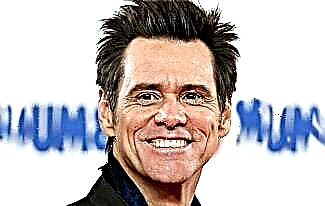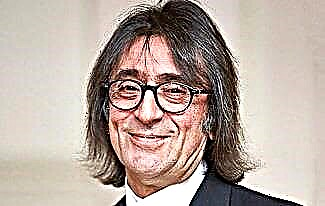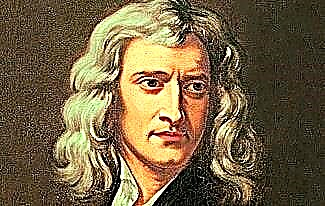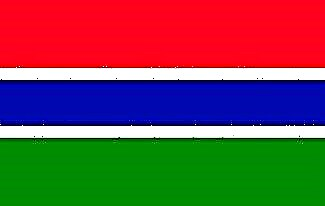Who is an osteopath? This word can sometimes be heard from people or on TV, as well as found in literature. However, many either do not know its meaning at all, or understand it in different ways.
In this article, we will tell you who osteopaths are and what they do.

What is osteopathy
Translated from the ancient Greek word "osteopathy" means - "disease." Osteopathy is a scientific system of alternative medicine, the founder of which is the American surgeon Andrew Taylor Still.
Still advocated a total rejection of traditional therapies, including the use of pills and other drugs.
Osteopathy is based on the fact that any disease appears as a result of distortions in the structural and anatomical connections between organs and parts of the human body.
Osteopaths consider the body as a whole, in close interconnection of 3 systems: nervous, musculoskeletal and mental, which must be in a state of balance. Therefore, when one of these systems fails, it affects the other two.
For example, sometimes pain in the knee joints can be the result of liver failure. In such cases, osteopaths use certain techniques to make an accurate diagnosis. It is important to note that treatment is directed not at one organ, but at eliminating the cause of the poor condition and at launching natural repair mechanisms.
As of today, osteopathy is represented by different schools and directions, including manual practices: massage, manual therapy and chiropractic. Osteopathic techniques are milder, which is why they are applicable to the elderly and children.
What does an osteopath cure?
Basically, an osteopath treats the same diseases as a regular doctor. The only difference is in the methods of medical intervention. Osteopaths are consulted for colds, joint and muscle pains, sprains, migraines, poor eyesight, depression, domestic injuries, pathologies of the genitourinary, respiratory and digestive systems, as well as in a number of other cases.
Today osteopathy is recognized as an official medical specialty, as a result of which any osteopathic doctor must have an appropriate higher education.
However, osteopathy is powerless against infectious diseases, malignant and benign tumors, pathologies of blood and lymphatic vessels, spinal cord and brain, purulent processes, etc. In any case, a highly qualified specialist will immediately warn the patient what is amenable to osteopathic treatment and what is not.









